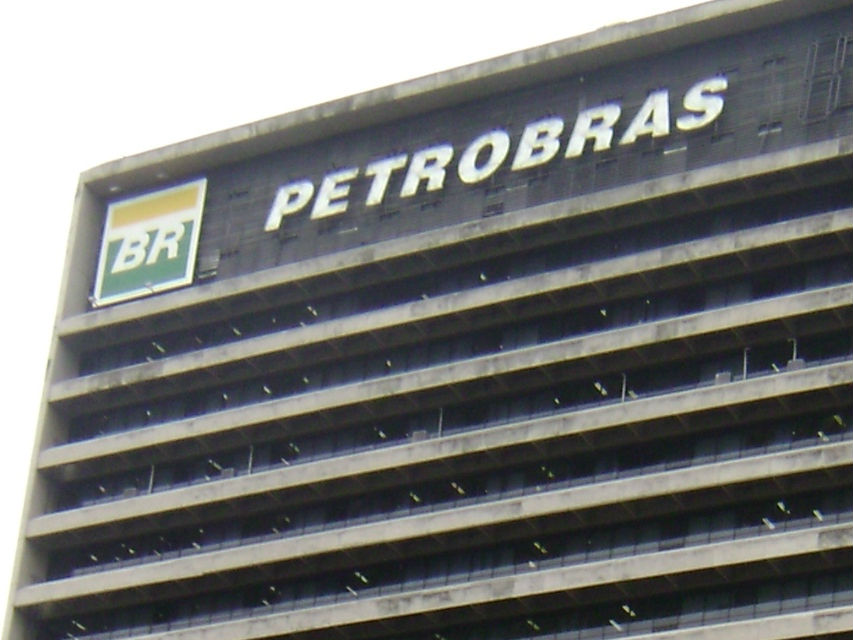May 2016, Vol. 243, No. 5
Web Exclusive
Petrobras Sells $1.4 Billion in Assets Amid Political Turmoil

Petroleo Brasileiro, Brazil’s state-owned, heavily indebted oil giant, has closed the sell-off of its Argentinean business to local Pampa Energia for US$892 million and its Chilean subsidiary to investment firm Southern Cross for $490 million.
The combined value of the deals represents a small portion of its $15-billion divestment plan for this year, but they are certainly a start.
Petrobras, which is struggling under a debt burden of $100 billion, also announced a $1-billion loan taken from China’s Exim Bank, which will be used to cover payments for “equipment and goods.”
Petrobras is in a difficult place right now. It’s under investigation as part of the largest corruption scandal to hit Brazil in recent memory. Operation “Carwash,” as the investigation is known, has revealed that members of the company’s senior management were involved in graft practices along with government officials, which resulted in Petrobras bleeding cash for years.
It has also shared the fate of some peers, which slipped into a loss because of the continued oil price rout. Like them, it expanded aggressively before prices started going down. Unlike most, however, it was also consistently mismanaged, which resulted in the huge debt pile it now has to start reducing, and quickly. This task is being made all the more difficult due to growing debt-servicing costs—another consequence of the oil market depression.
Over the next two years, Petrobras has to repay $24 billion. To meet these payments, Petrobras plans to sell off assets, cut capex, and lay off staff. The capex cut should yield savings of $32 billion through 2019. This is not an insubstantial sum, especially when coupled with asset sales worth $15 billion, although there are questions about whether the company can raise that much in sales. Layoffs are expected to save a further $9.2 billion until 2020.
Meanwhile, debt-servicing costs are highly unlikely to start declining.
And all of this against the backdrop of political and economic turmoil in Brazil. Petrobras is one of its biggest milk cows, but it seems that this cow has been milked too much. The possibility of letting the company go under is unthinkable, but there aren’t a lot of resources for a bailout, either, to put it mildly. Privatization seems the most sensible thing to do, but this will face strong opposition from trade unions, which organized a massive strike late last year in protest against what they called “creeping privatization”.
The next national elections in Brazil will be held in two years. Chances are that the ruling Workers’ Party will lose—what with the bribery scandal, the recession and the jobless rates— and PSDB, which is currently in opposition, will take the helm.
PSDB is in favor of Petrobras’ privatization and it has two years to figure out how to handle trade union opposition to such a development. Because, unless oil prices spike back to 2013 levels before 2016 is over and stay there (seriously unlikely), Petrobras will still be hanging on by its teeth in 2018.
In the meantime, a very dynamic drama is playing out at the highest levels, concerning the impeachment of Brazilian President Dilma Rousseff. On Monday, the new speaker of the lower house of Congress had vowed to annul the impeachment process, but only a day later, he has changed his mind and the process is back on track, making it possible that the president will be impeached as early as this week, according to the New York Times.
By Irina Slav for Oilprice.com





Comments